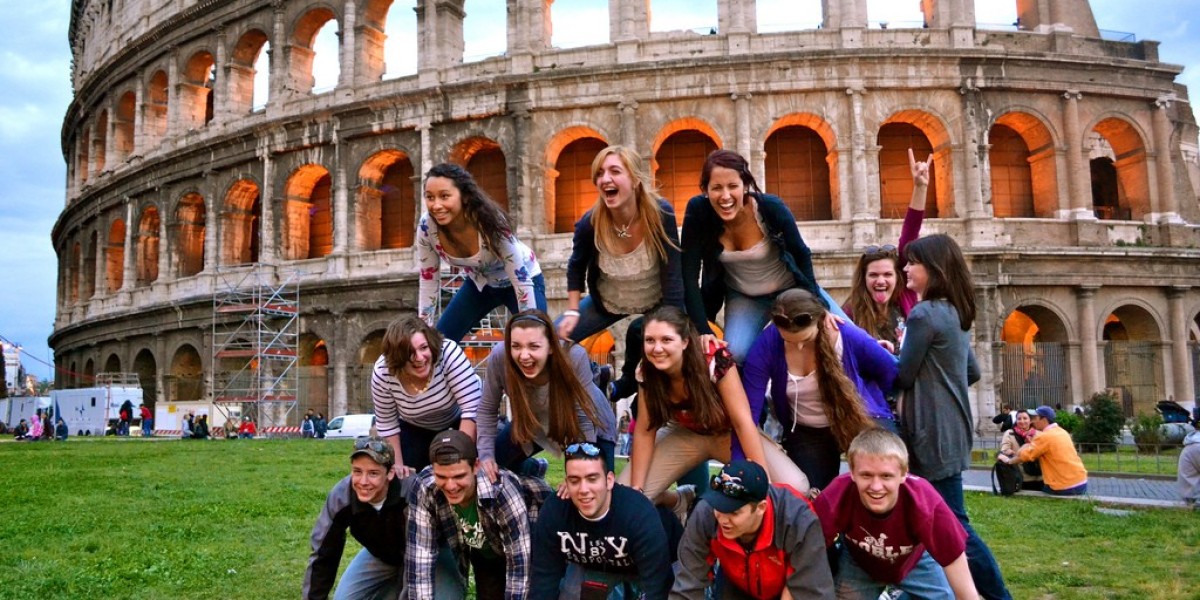Traveling to other countries provides a unique opportunity to immerse yourself in foreign cultures. As an educational tourist, you can experience cultural traditions like never before. Attend local festivals, try authentic cuisine, explore museums and historical sites. Learn about cultural practices, art, music and more through guided activities or independent exploration. Interacting with locals also gives invaluable insights into cultural values, lifestyles and mindsets and helps overcome stereotypes. Cultural exchange fosters diversity, cultural understanding and global citizenship.
Varied Learning Methods
Educational Tourism introduces novel learning techniques compared to conventional classrooms. Hands-on activities, outdoor lessons and real-world experiences stimulate different cognitive processes. Learners develop observational skills, critical thinking and retention through multi-sensory interaction. For example, history classes conducted on ancient sites allow association of facts with actual structures. Cooking lessons from local chefs make cuisine introduction memorable. Performing arts workshops instill motivation through participation rather than theory. Unique venues like museums, arts colonies also inspire creativity. Out-of-classroom interaction enhances conceptual learning.
New World Exposure
Travel to overseas destinations presents a learning ground like no other. A new country exposes you to a completely different physical and social environment. Understanding infrastructure, geography, civic planning and regional economies broadens perspectives. Appreciating issues of sustainability, resource use, wildlife preservation or climate realities becomes more impactful through direct experience. Meeting linguistically and ethnically diverse groups generates awareness of marginal communities. Immersing in global urbanization, technology adoption at international scale kindles interests in various related fields and possible careers. Cultural tourism ensures education goes beyond confined syllabi into the real world.
Language Proficiency
A major advantage of education tourism is the chance to practice foreign languages. Constant interactions with locals and immersion in their linguistic environment boosts oral skills as well as understanding of idioms, slang and native accents. Significantly improves proficiency in reading, writing and listening comprehension beyond textbooks. Some programs enroll students in intensive language classes through local universities adding academic rigor. Self-led study with tutoring aids addresses gaps.
Cultural activities and homestays involve extensive conversations on day-to-day topics. While tourism opens up learning avenues beyond classrooms, conscientious planning ensures academics remains the core priority through scheduled lessons and assessments for credits. Successful language programs strike a balance, pushing boundaries with authentic engagement, feedback and opportunities for self-assessment.
Career Guidance
Exposure to international workplaces aids career choices. Visiting companies, apprenticeships and internships through academic partnerships provide hands-on knowledge of professional requirements, jobs and day-to-day operations in various sectors. Interacting with industry professionals across industries helps narrow options and sets realistic expectations. Identifying skills relevant for global positions orients career decisions. International career fairs showcase job opportunities at multinationals while global university linkages aid further education choices. Exposure improves employability through rich practical experience, interpersonal confidence and cross-cultural adaptability listed in resumes. Educational tourism goes beyond conventional campus counselling in an impactful manner, empowering informed career transitions.
Personality Development
Travel cultivates maturity, leadership and social-emotional skills invaluable for personal growth. Independent organization of activities hones time management, multitasking, critical thinking and proactivity. Adjusting to unfamiliar conditions strengthens adaptability, problem-solving and resilience. Interacting with strangers improves communication, empathy and open-mindedness. Appreciating diversity fosters deeper self-awareness and perspective. Volunteering opportunities facilitate teamwork, accountability and compassion. Overall, international education aids holistic learning beyond academics. Journeys promote mindfulness, confidence and global citizenship, empowering students as well-rounded leaders of tomorrow. Educational tourism ensures enrichment through adventures and life lessons.
Educational tourism leverages travel for broad-based, multi-dimensional and transformative learning through diverse cultural experiences. Carefully planned programs strike a judicious balance between academics and enrichment, empowering holistic growth beyond conventional education. From gaining global perspectives to strengthening proficiencies, careers and social-emotional skills, educational travel augments classroom education impactfully. It fosters critical competencies for the 21st century through vibrant interactions in authentic international settings.
Get more insights on Educational Tourism



